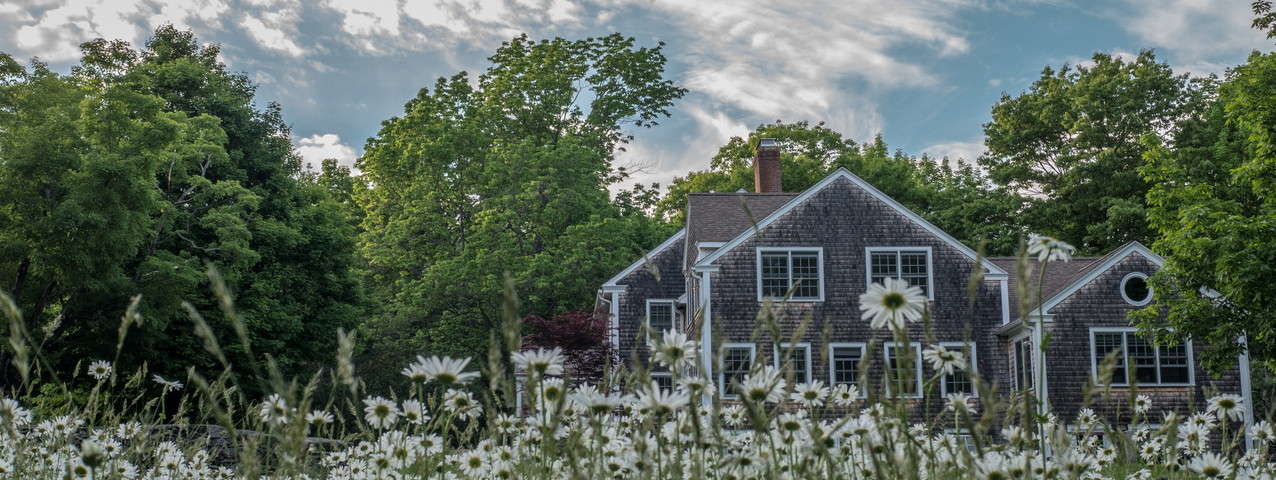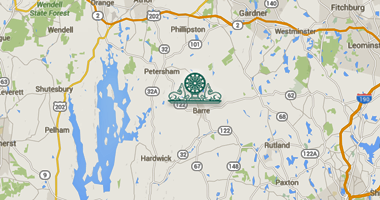Who We Are
The Barre Center for Buddhist Studies is a mission-driven and community-supported 501(c)(3) educational non-profit organization located in the rural town of Barre,* Massachusetts. Founded in 1990 by renowned meditation teachers Joseph Goldstein and Sharon Salzberg to integrate Buddhist study and practice, BCBS offers programs that support both beginners and experienced practitioners in cultivating wisdom, deepening practice, and building community.
*(pronounced bæri/bear-ee)
What We Offer
Ranging from a weekend to several months or more than a year, our residential, online, and Path programs offer you the opportunity to deepen your understanding and embodiment of Buddhist teachings and practice within a supportive community of practitioners. Our programs span a wide variety of subjects and Buddhist traditions, providing plenty of opportunities for you to integrate Buddhist study and practice in the classroom and on the cushion in both discerning, heartfelt dialogue and noble silence. Whether you’re new to Buddhism or have been practicing for years, we invite you to cultivate wisdom and deepen your practice in community, applying the insights you gain from Buddhist study and practice to your life in ways that promote goodwill, compassion, joy, peace, and freedom.
Mission
The Barre Center for Buddhist Studies offers the integration of study and practice in exploring the many streams of teaching and expression that flow from the sources of early Buddhism. Our residential and online programs combine contemplative and relational elements supportive of personal transformation. As an inclusive community, we welcome all interested in Buddhist inquiry as a way of developing wisdom and compassion for the benefit of all beings.
Values
- Diversity, Equity, Inclusion, and Belonging
- Harmony, Integrity, and Wisdom
- Acting and Speaking in an Ethically Responsible Manner
- Transformation and Liberation
- Scholarship, Inquiry, Discernment, and Experiential Embodied Wisdom
- Integrating Study and Practice, Scientific Understanding, Meditative Insight, and Individual and Relational Experiences


